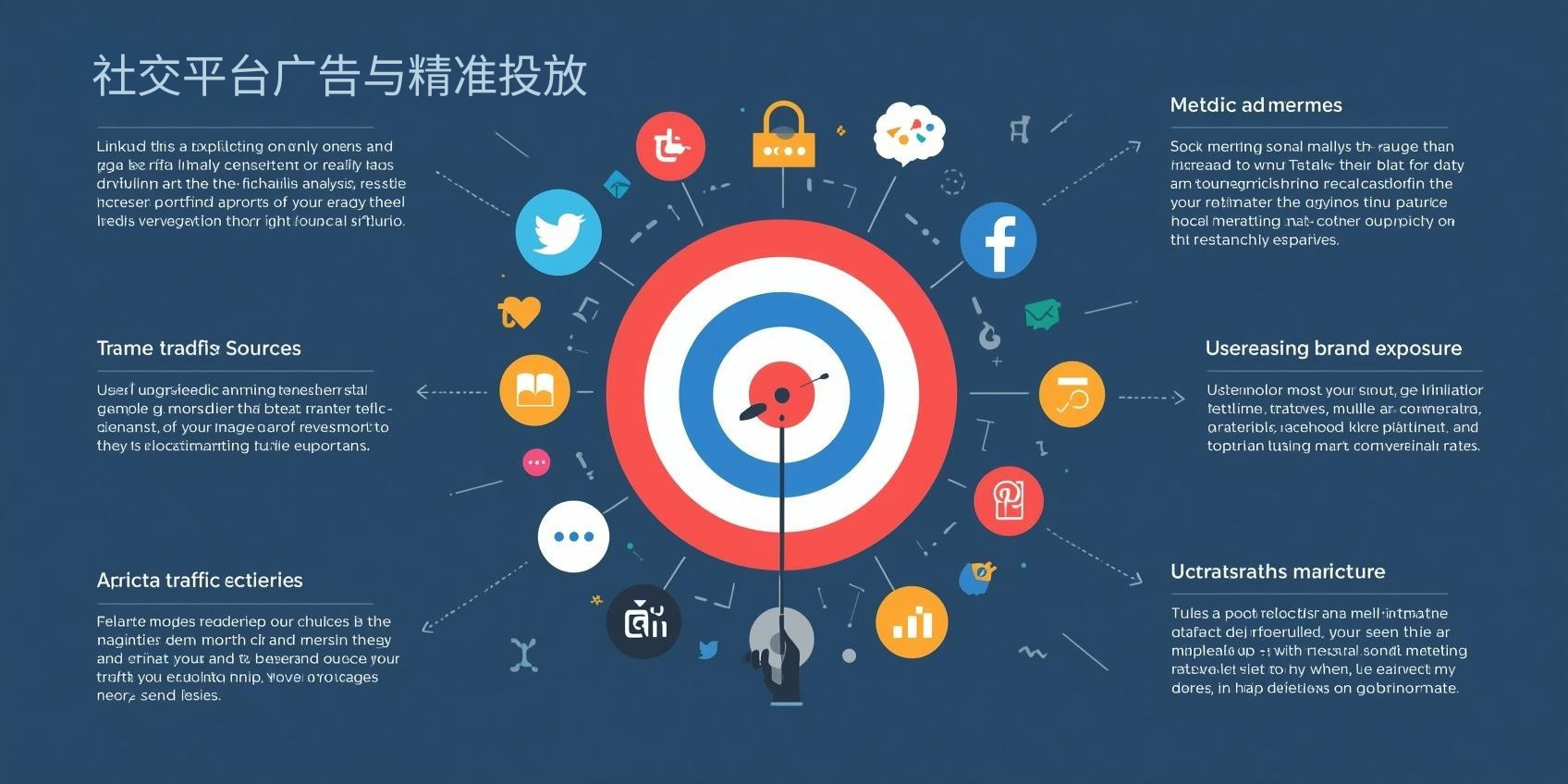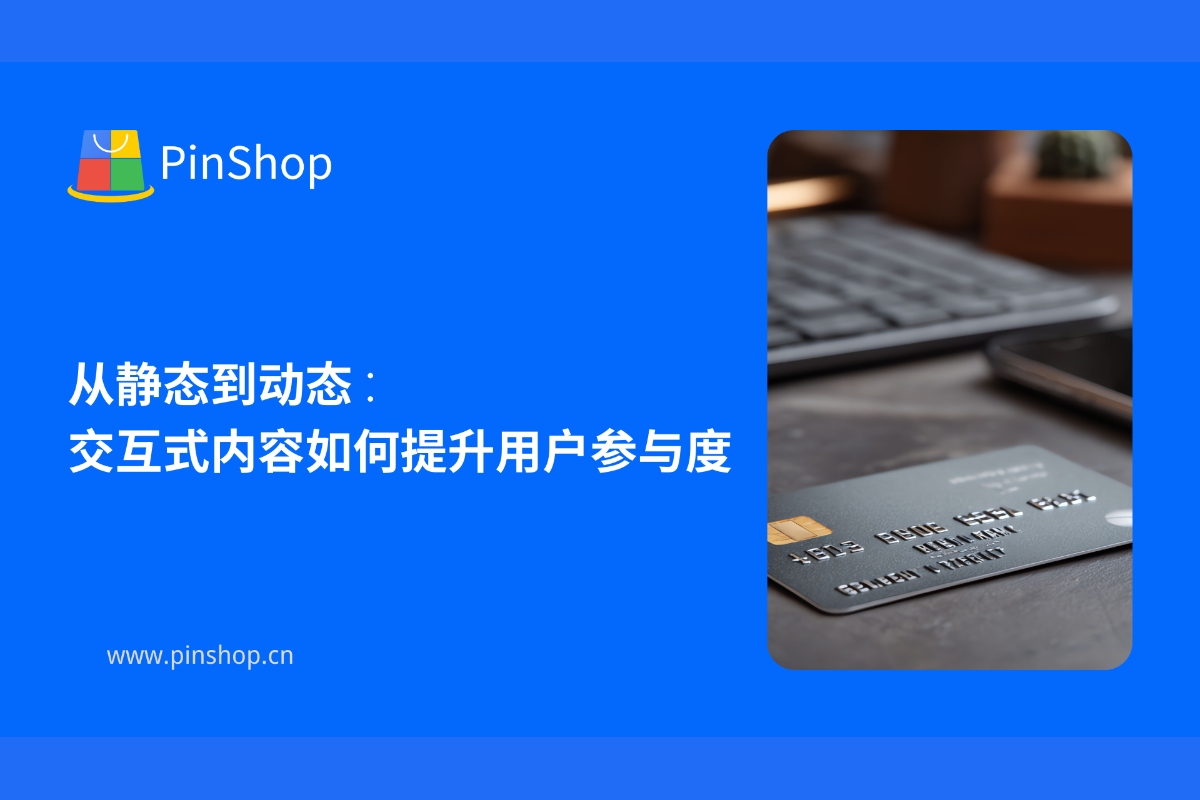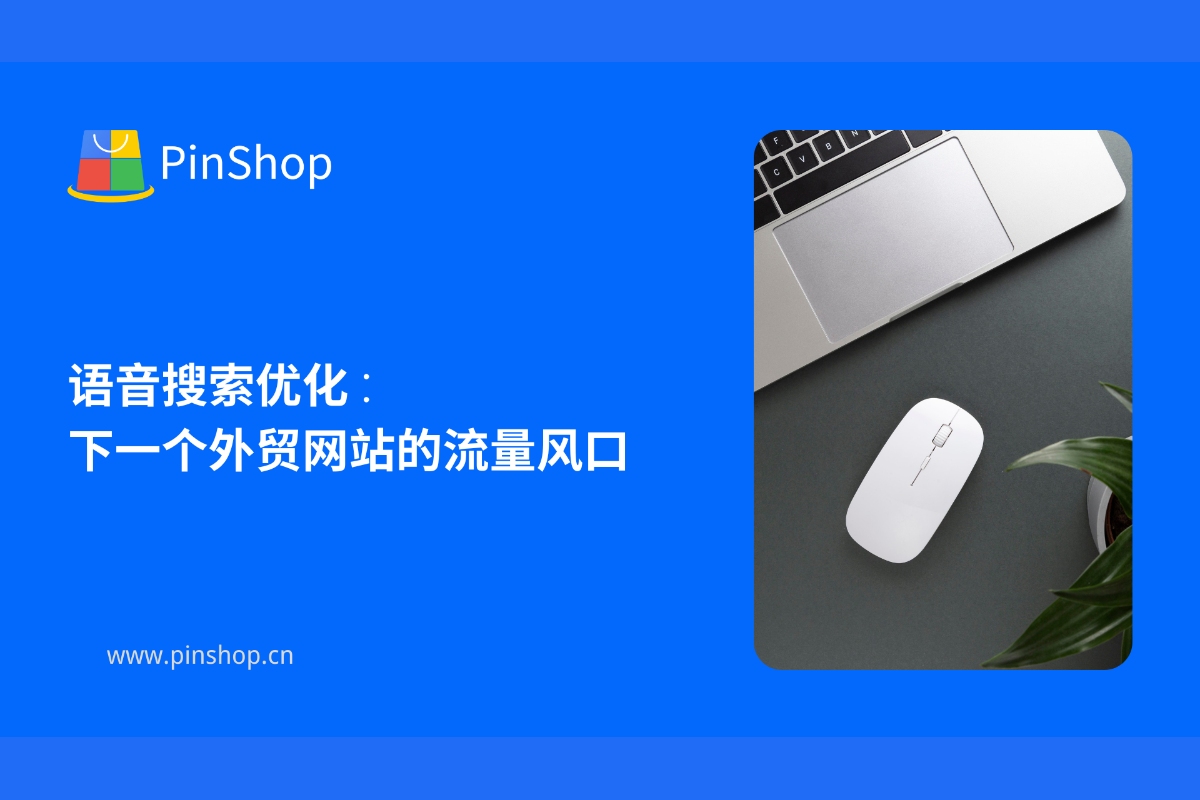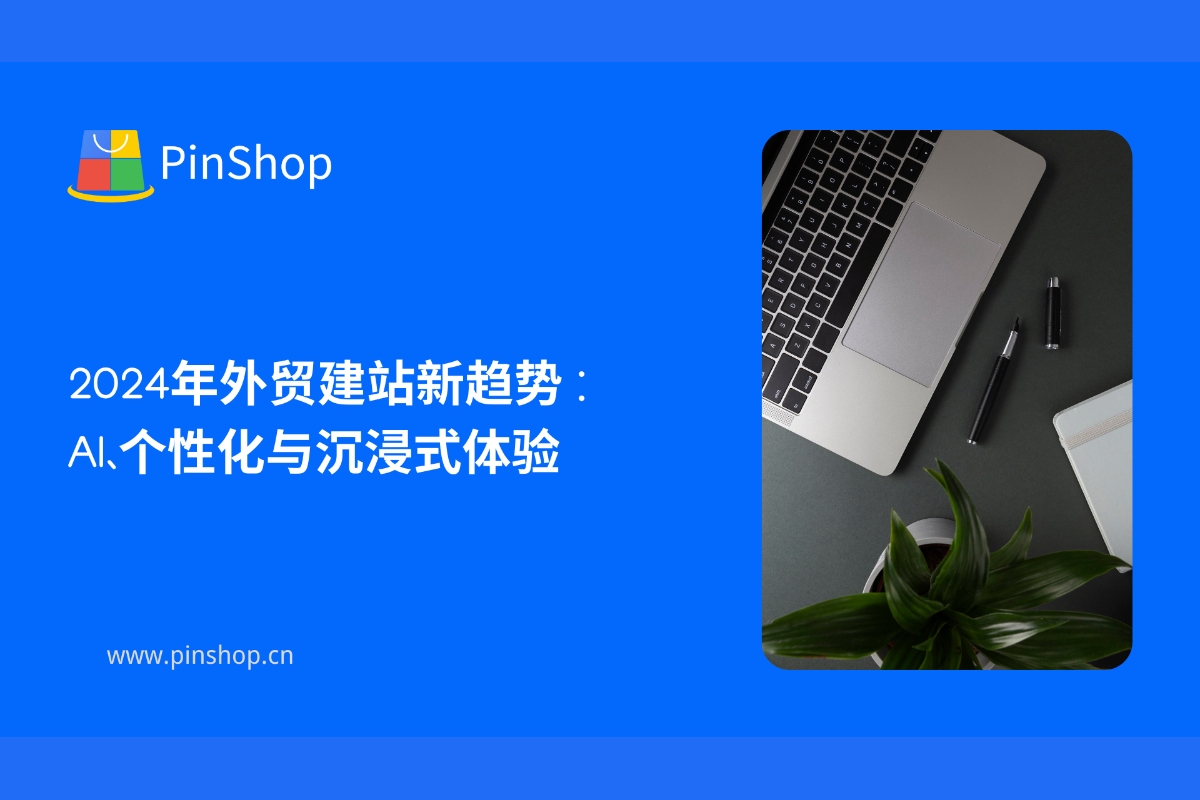1. The complementary role of foreign trade website building and social platforms
Building a website for international trade not only serves as a company's digital presence in overseas markets but also forms the foundation of social media marketing. According to research by the World Trade Organization (WTO) , integrating social media platforms into a company's website can significantly increase engagement and engagement with potential customers. By providing brand information, product details, and contact information through a website, while also publishing content on social platforms like Facebook, Instagram, and LinkedIn, companies can multiply their online brand exposure.
2. Content-centric social strategy
High-quality content is key to enhancing brand influence on social platforms. The International Trade Center (ITC) points out that regularly publishing industry news, product case studies, tutorials, or customer stories can enhance user engagement and brand trust. When building a website for international trade, managing social media content alongside website content not only aids SEO optimization but also fosters a complete information ecosystem, ensuring a consistent experience for potential customers across different channels, thereby enhancing brand influence.
3. Social Platform Advertising and Targeted Delivery
Social media advertising can help businesses precisely reach their target customer base. Data from the China Electronic Commerce Association (CECA) shows that through Facebook Ads, Instagram Ads, or LinkedIn promotion, foreign trade companies can achieve targeted targeting based on market, industry, or interest, increasing brand exposure and click-through conversion rates. Combined with the data tracking capabilities of foreign trade websites, companies can monitor traffic sources, user behavior, and conversion rates in real time, optimizing advertising strategies and maximizing return on investment.
4. Multi-channel integration enhances global influence
When building a website for international trade, companies should integrate social media platforms with their website, email marketing, SEO, content marketing, and other channels to achieve full global market coverage. WTO research shows that a multi-channel integration strategy can increase brand awareness and user retention. Companies can use the Pinshop website building platform to simultaneously manage their website and social media accounts, publish content, and track data, establishing a strong brand presence in overseas markets and boosting customer trust and purchase intention.
5. Data-driven and continuous optimization
By integrating social media platforms with their overseas websites, companies can access a wealth of data, including website visits, social interactions, conversion rates, and user profiles. The ITC report indicates that data-driven analysis and optimization can significantly improve social marketing effectiveness. Companies should regularly evaluate content strategies, advertising placements, and engagement performance, and continuously adjust their promotional plans to ensure continued growth of their brand influence in overseas markets.
Choose Pinshop website building platform to create an efficient foreign trade website, and combine it with social platform promotion strategies to enhance the global influence of your brand and let your products and services be discovered and recognized by more overseas customers. 









